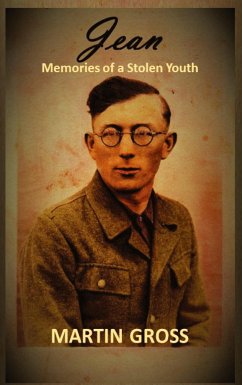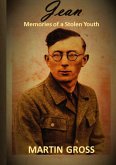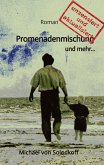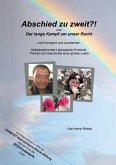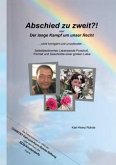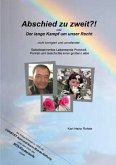In this book, Jean Gros tells his life story from his youth to his release from captivity as a prisoner of war. He was born in 1922 as the child of German-Romanian settlers, under the name Ioan Grosz, in the Romanian Banat. The family lives in the small village of Ivanda near the city of Timisoara, where they run a small farm. In this environment, characterised by simple living conditions, Ioan experiences a carefree and mostly happy childhood. This ends, however, when he begins a butcher's apprenticeship in a neighbouring village. From now on, he has to face the first hardships of life. However, this period of his life is still proceeding along the usual lines for the time and the region. This all changes abruptly when the Third Reich sets out to recruit new soldiers from the ranks of the Romanian Germans. Ioan also gets caught up in the mills of the Nazi war machine, and like most of his compatriots, ends up in the Waffen SS. As the book progresses, it describes his traumatic war experiences and the depriving circumstances under which the missions are carried out. During his sorties he is also wounded several times. Despite all adversity, he tries to maintain contact with his family and childhood sweetheart, but this is not always successful, and the uncertainty about his family's circumstances becomes his constant companion. The war ends for him with another wound and years of imprisonment. The vivid description of the events takes the reader on a journey through Jean's life, which is exemplary for that of many young Romanian-Germans of that era. The reader also gets an impression of the way of life and the further fate of this ethnic community.
Bitte wählen Sie Ihr Anliegen aus.
Rechnungen
Retourenschein anfordern
Bestellstatus
Storno

